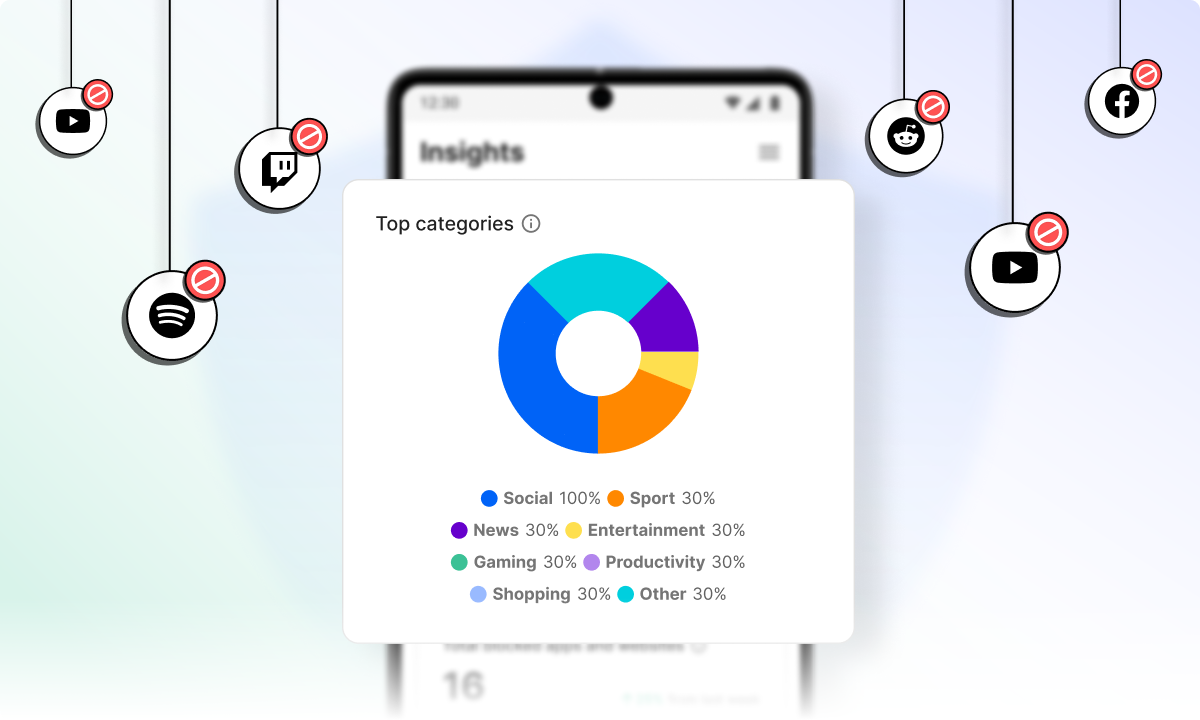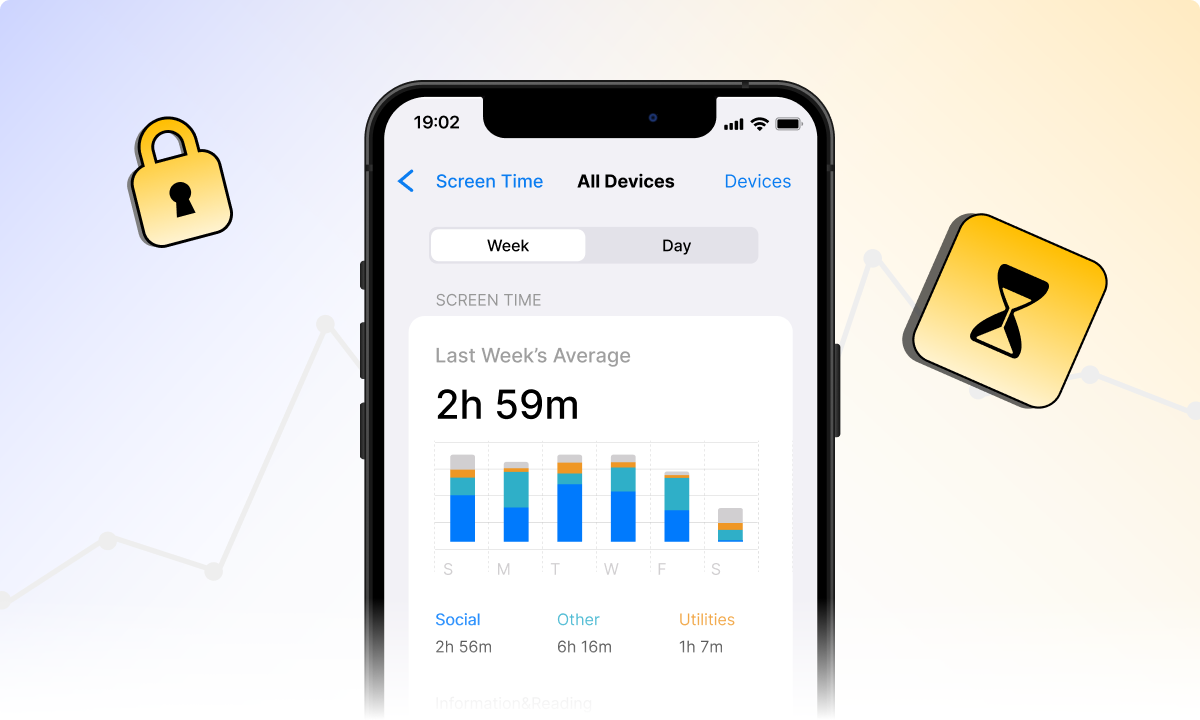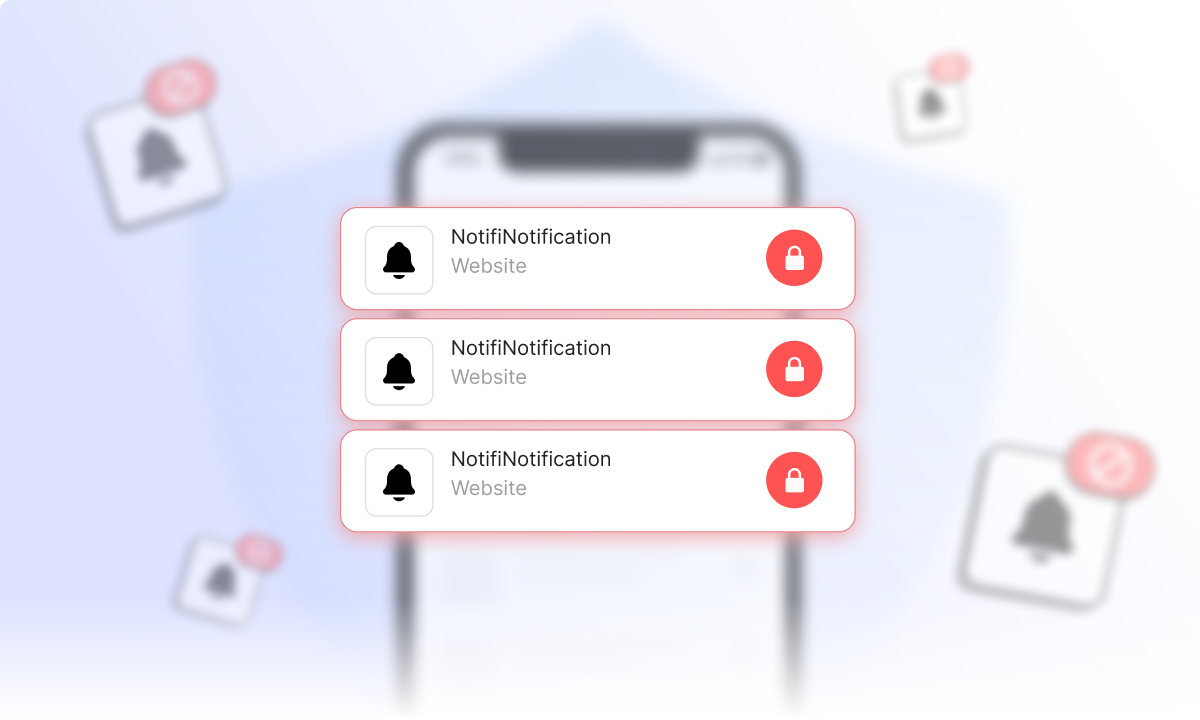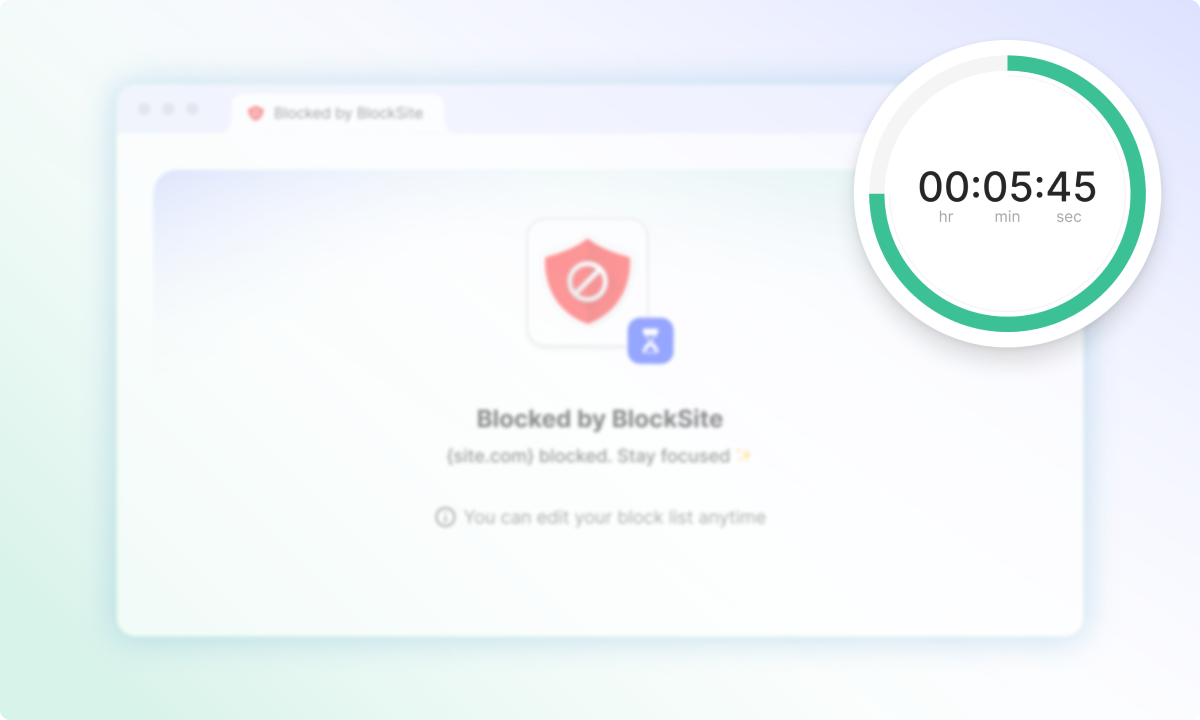The internet has become all-pervasive in our everyday lives, working, schooling, and socializing. However, with its numerous gifts comes a big challenge: how easily we can get lost in its bottomless streams of information, social media walls and the constant redundant notifications. This kind of access usually results in unproductive hours online instead of engaging in life offline.
The Internet has an undeniable appeal. It guarantees instantaneous satisfaction, limitless entertainment and a sense of belonging at all times. Based on a report by the Global Web Index, internet usage varies by age group but on average, people spend 6.5 hours of their time every day online. Nevertheless, this charm can quickly transform into snare where a distinction between use and overuse disappears resulting in procrastination, reduced productivity as well as dissatisfaction on how we spend time.
In order to strike such a balance, there are some effective strategies and useful tools that must be put in place to help control our online behavior effectively. We do not want to eliminate internet usage but create mindfulness about it which places emphasis on our health, productivity and personal contacts rather than momentary pleasure derived from being distracted online for example by advertisements or videos.
10 Tips to Stop Wasting Your Time Online
Although the worldwide web has immense capabilities to improve our knowledge and efficiency, nevertheless the opposite risk of wasting much time also exists. It is important to use this resource judiciously so that it serves our needs without detracting us from real-life goals and responsibilities.
Below are ten effective strategies on how to stop spending 24/7 wasting time on the internet and start using it more purposefully.
- Use BlockSite to Control Your Online Environment
BlockSite offers multiple options for effectively managing online interactions:
Block Sites: Using this feature disables access to sites that keep drawing away your attention so you’ll be able to resist the temptation better.
Focus Mode: Allows you to set periods when only pre-approved work-related websites are allowed so that you can increase your productivity.
Scheduled Blocking: If you want to block websites temporarily for studying, then this feature is a must. It sets time slots during which social media and other distractions can be blocked automatically to help maintain your focus at work or school.
Redirect: Instead of going to a site that will just waste your time, the tool will take you to an alternative webpage that promotes positive habits in a subtle manner.
2. Audit Your Online Habits
You need to carry out a full evaluation of your online activities first. Find out where you spend most of your time online, and whether these sites contribute positively in your career or personal life or not. Tools and apps that track your usage can provide insights into your patterns, helping you identify areas for improvement. The initial stage towards making conscious changes is recognizing habits.
3. Set Clear Goals
Before coming online, decide what you want to achieve there. Writing down your intentions about research work, job completion or news updates makes them explicit. This can help you avoid wandering off unnecessarily via websites or articles that have no meaning to what you are doing at the moment.
4. Implement Time Limits
There are browser add-ons, as well as applications, which can assist in limiting time spent on some pages or platforms like Facebook with ease. They will block access once you reach your set limit, enabling you not to overindulge yourself too much because they discourage one from using their internet time wisely, concentrating on really important tasks instead.
5. Schedule Internet Breaks
Decide when exactly during the day you will be checking emails, visiting social media platforms or just browsing through various websites. However, outside those times remain offline completely. This reduces the distractions associated with checking for new posts across all social networks throughout the day while spending long periods either working intensively or going for leisure activities.
6. Curate Your Content
Take charge of the information coming your way by curating your subscriptions and feeds. Unfollow accounts or unsubscribe from newsletters that don’t add value to your life. By controlling what you see online, you can make sure that the content you are consuming is engaging and related to what you care about.
7. Practice Single-Tasking
While on the internet, avoid multitasking by focusing on one thing at a time. Not only does single-tasking improve the quality of your work, but it also reduces the chances of being tempted by distractions on social media while doing some important tasks online. Close any extra tabs and programs to minimize temptations and increase your concentration levels.
8. Turn Off Notifications
Notifications are supposed to get your attention, but they can also turn out to be big distractions. Cut off non-essential notifications on your desktop and mobile devices so as to create a quieter environment. Rather than letting updates interfere with your workflow, seek for them during your scheduled internet breaks.
9. Discover Offline Passions
Find something that does not involve screens to give yourself some offline time. This could be:
- Reading
- Painting
- Cooking
- Spending time outside the house
It could be anything at all! Offline hobbies can offset screen time in diverse ways and fill you up with this much-needed refreshing feeling.
10. Ponder about Your Internet Consumption Habits
How do your online activities relate to the rest of your life? Is the web helping you achieve what you want in life or holding you back? You may use this introspection in order to make deliberate choices regarding how you use the web frequently leading to an improved quality of life.
Take Back Your Time Offline
In order for these tactics that could reduce time wastage to work, one has to equate it with regaining control of personal life’s direction. This means making choices that are in line with your core values and goals, instead of being drowned by the flow of online diversions without end. In this way, you can develop a more balanced lifestyle leading to productivity, wellbeing and real bonds through implementing certain practical steps like setting specific objectives, utilizing tools such as BlockSite, and connecting more with the world beyond the screen.
You should never forget that the internet is something that should help you and not otherwise. If used properly, this may change your life for the better so you can have more time for what truly matters.
FAQs
How much internet use is considered too much?
Excessive internet use is based on an individual’s circumstances and how it affects one’s daily life. The moment you realize your online activities are taking up time meant for important duties or that your health is being compromised due to long hours of looking at the screen, you should consider changing your internet habits.
Can internet addiction affect mental health?
Yes, spending too much time online can result in a range of mental health issues such as anxiety, depression and isolation. For instance, when we are not given instant gratification from social media and other online platforms, which has turned into an expectation today, stress and dissatisfaction may grow out of this situation. In addition to this, comparing oneself with others on the web who mostly appear to live perfect lives may lead to low self-esteem and feelings of inadequacy.
What are the signs of internet addiction?
The signs include: compulsion to go online all the time; disregard for personal responsibilities including job requirements; getting high while surfing the net; withdrawal symptoms once someone is offline. If one’s use causes significant distress or interferes with daily activities, it might be necessary to seek help or re-evaluate one’s online behavior.
How do I balance my internet use with real-life interactions?
One thing that can be done in order to strike a balance between real-life interactions and internet use involves establishing clear boundaries related with what you do online. Set some specific times for checking mails or going through social media sites or any other non-essential components so as not to let them interfere with face-to-face talks. Remember, presence and active engagement are what nurture meaningful relationships.
Is it possible to completely eliminate internet use?
Though it is rarely possible for most humans to eradicate the internet from their lives due to its significance in modern life and work, an effort should be made towards a balanced approach. Instead of browsing endlessly, concentrate on mindful internet use that serves certain objectives like learning, communication and necessary work-related activities. By deliberately setting goals for your online encounter with other people, you’ll be able to strike a balance between being online and offline.






